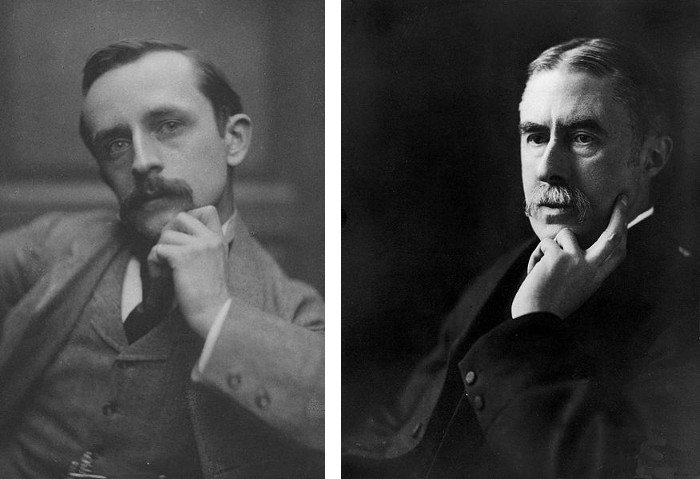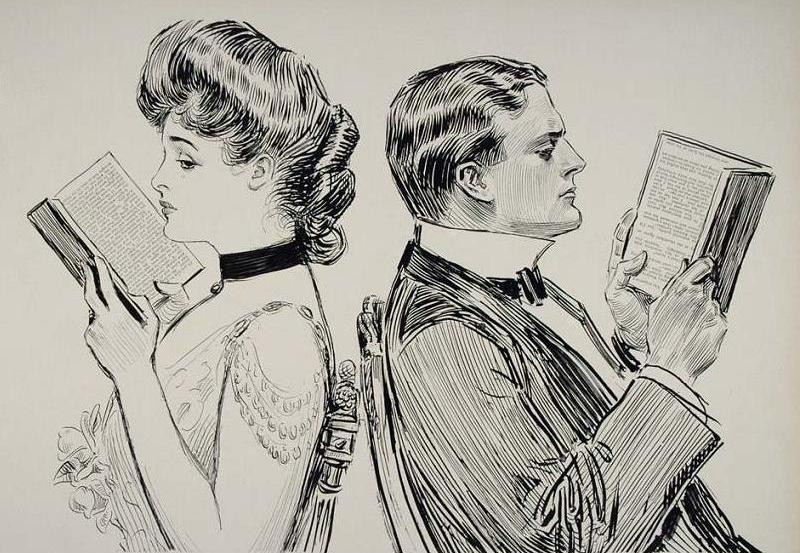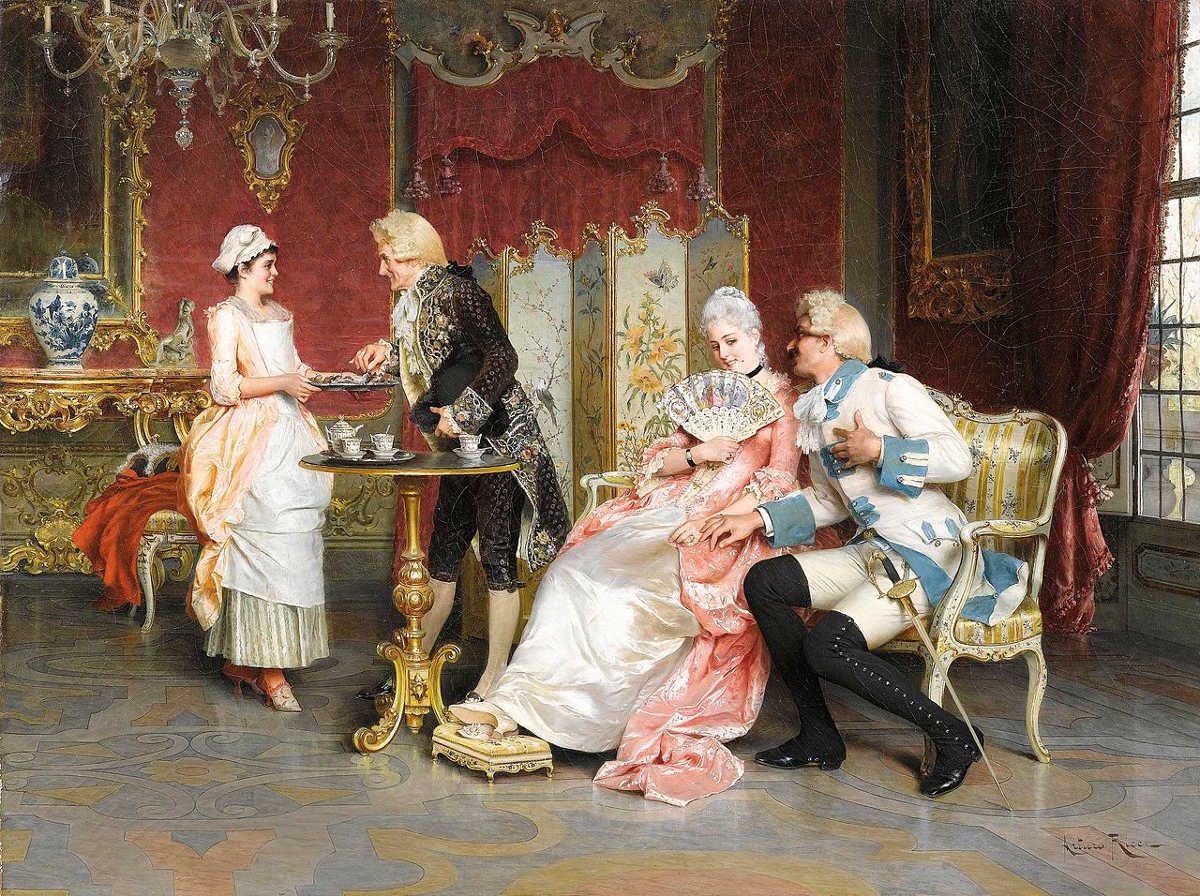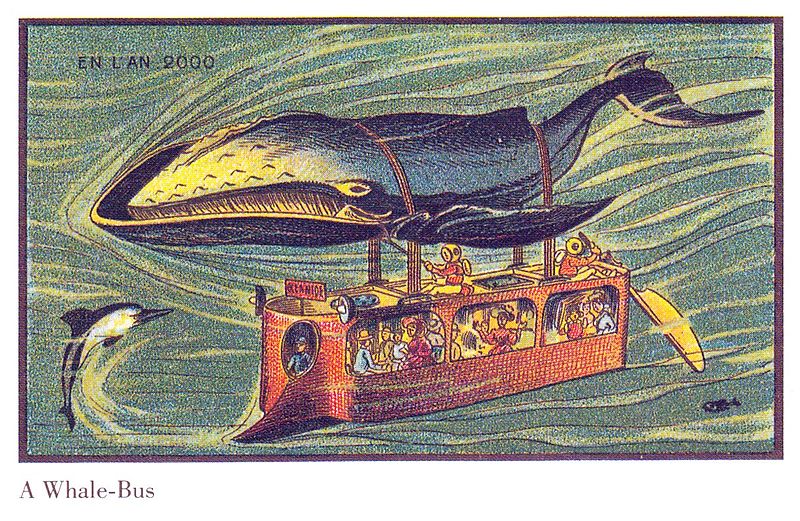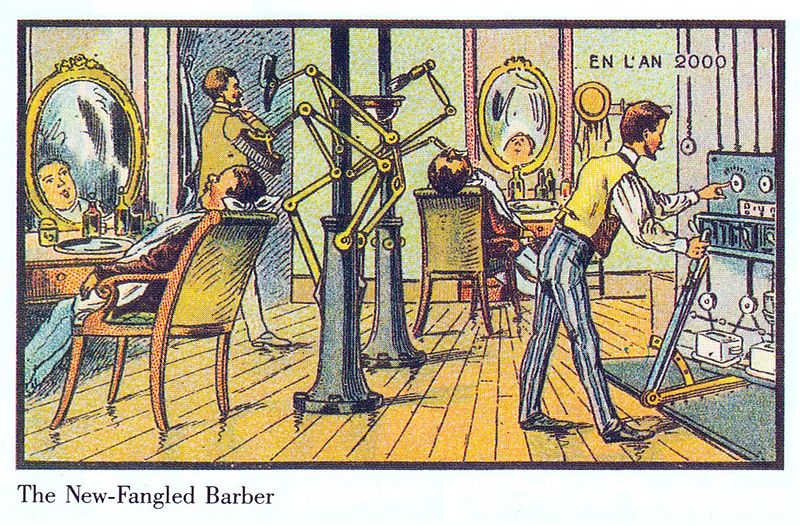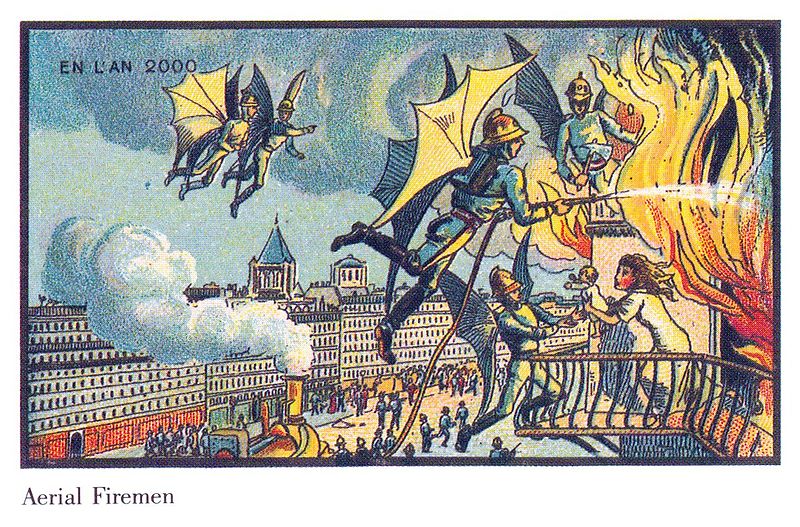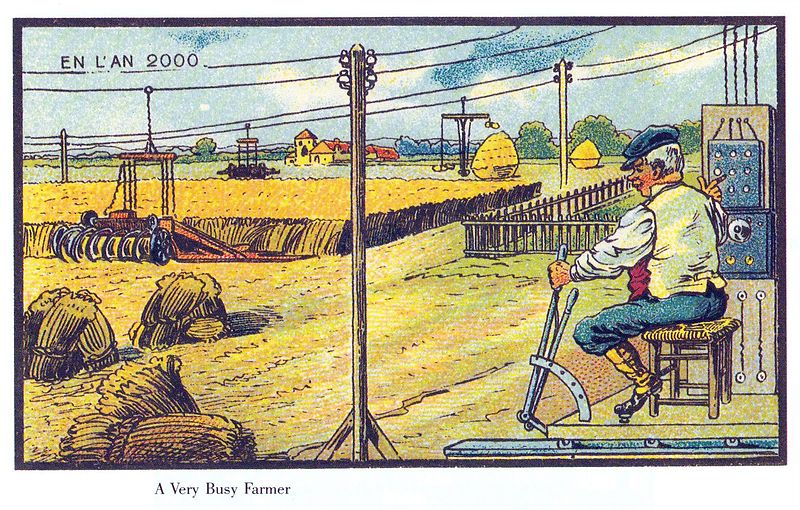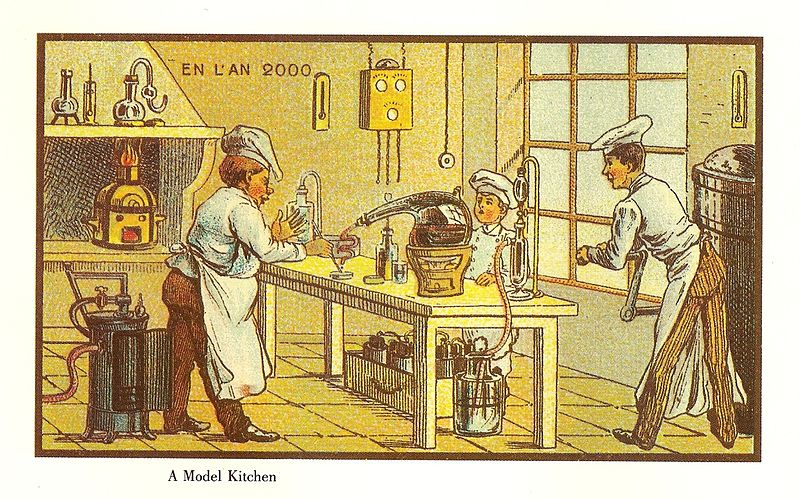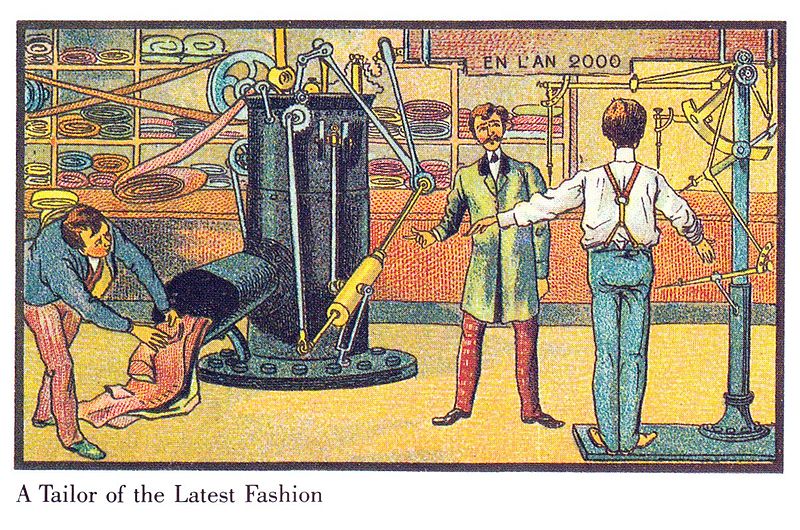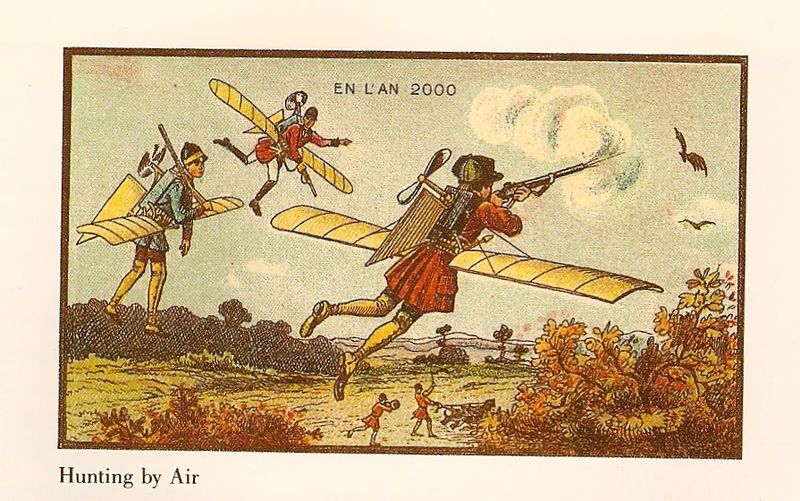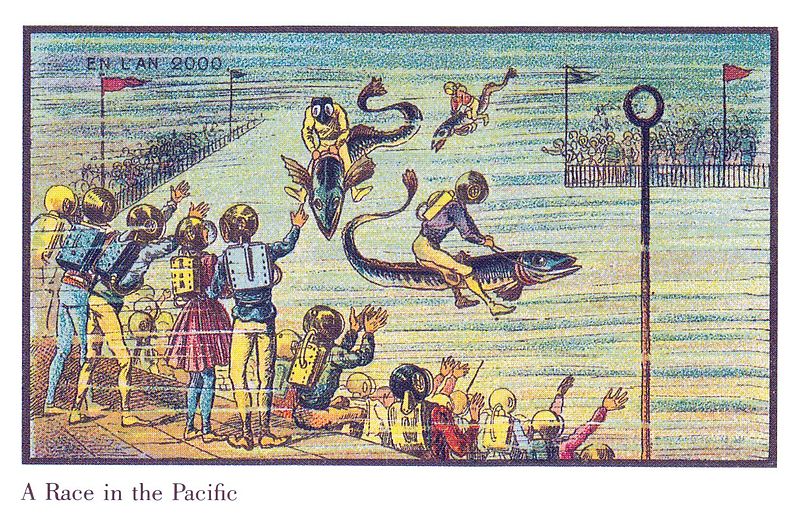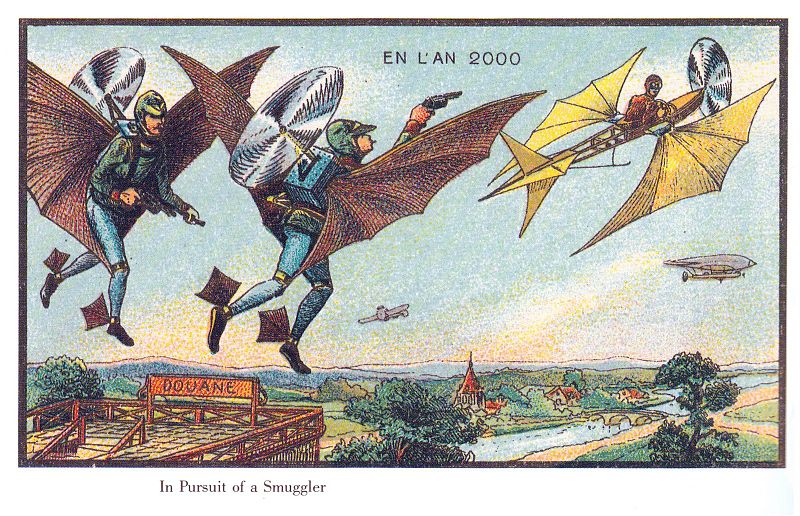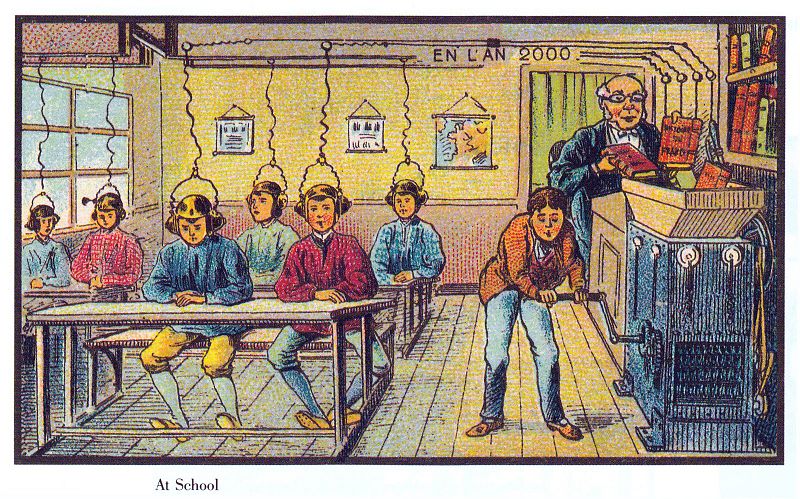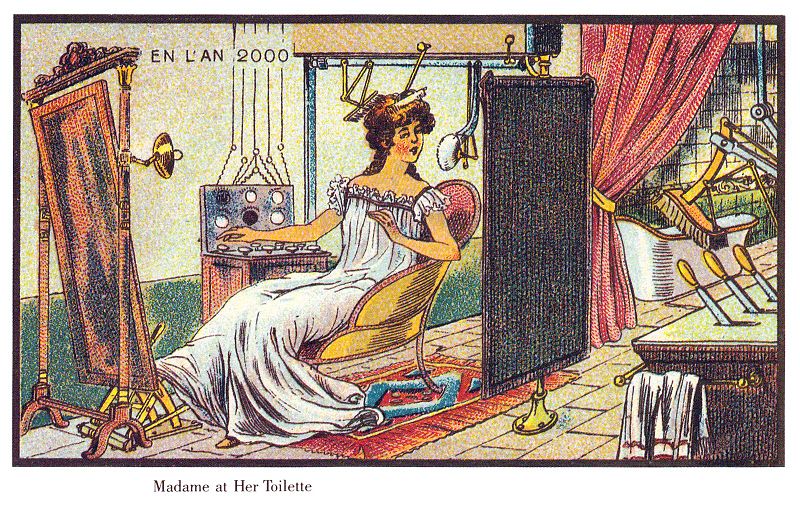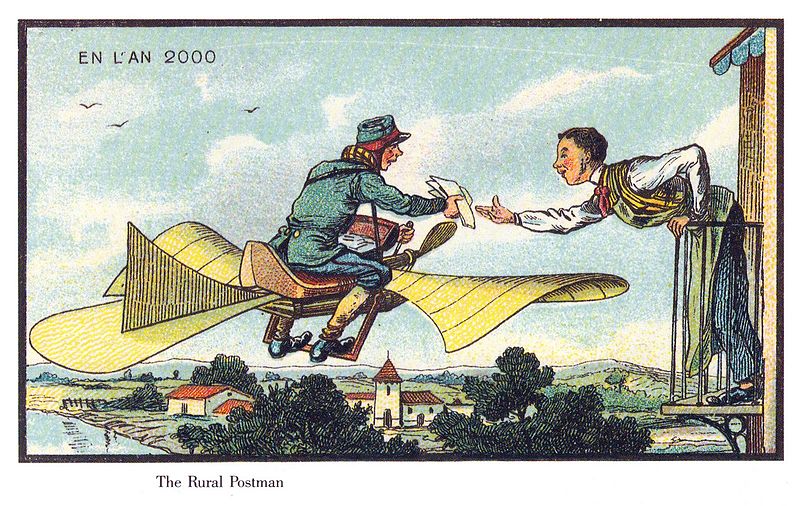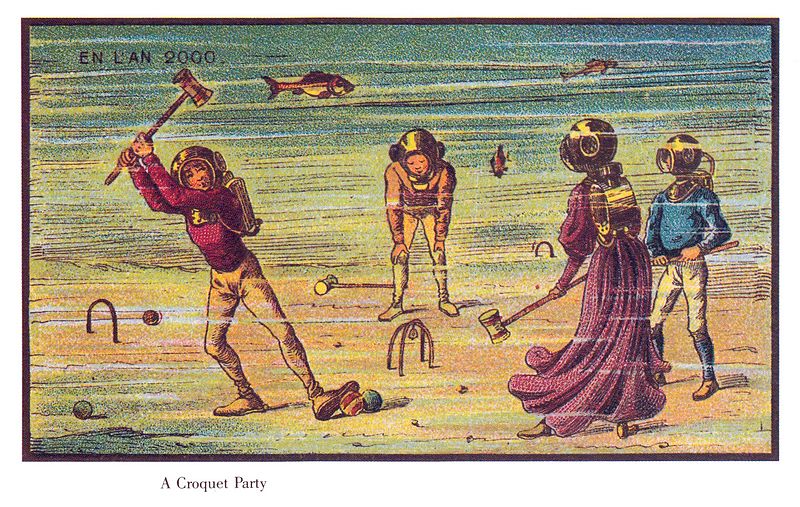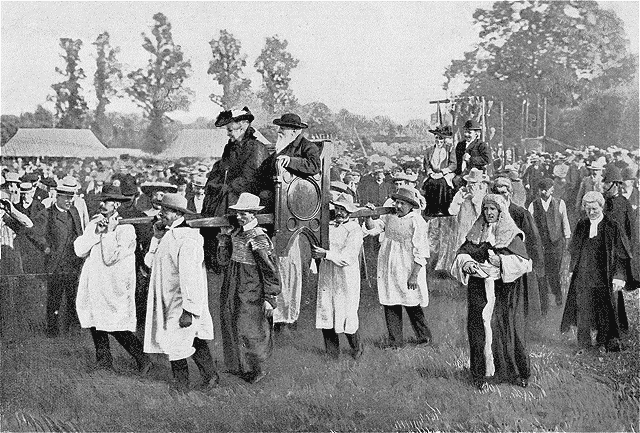
Invited to participate in São Paulo’s biennial art exhibition in 1973, French artist Fred Forest found a unique way to protest the censorship imposed by Brazil’s ruling junto: He organized a group of marchers to carry blank signs through the city. “Instead of calling on dissidents or students who could have been arrested and tortured, Forest hired fifteen men to carry the signs,” writes Karen O’Rourke in Walking and Mapping. “As professional sandwich-board men who work at street corners in the heart of São Paulo, they could not be held responsible for the content of their signs.”
The press published the marchers’ route, and the public understood that the blank signs reflected the government’s repression. Although it was against the law for more than three people to congregate in the street, Forest’s march attracted nearly 2,000 followers, and onlookers showered them with ticker tape from their balconies.
The police arrested Forest for holding up traffic, but he was protected by his status as a foreign artist. After several hours of questioning, they let him go.

